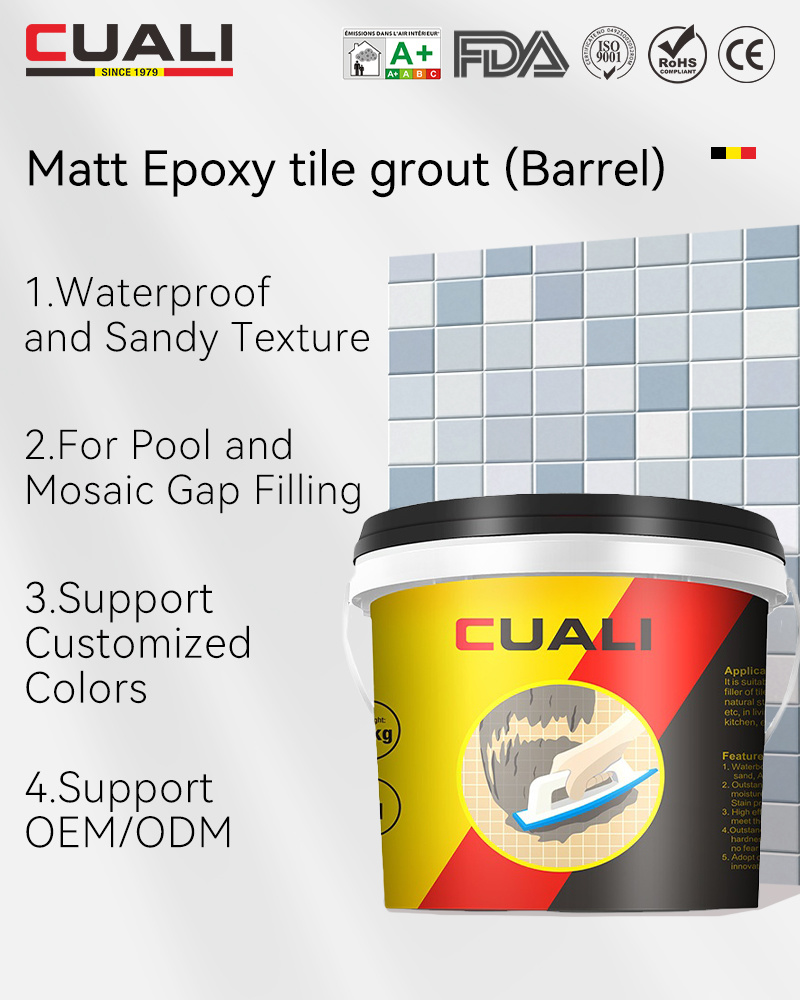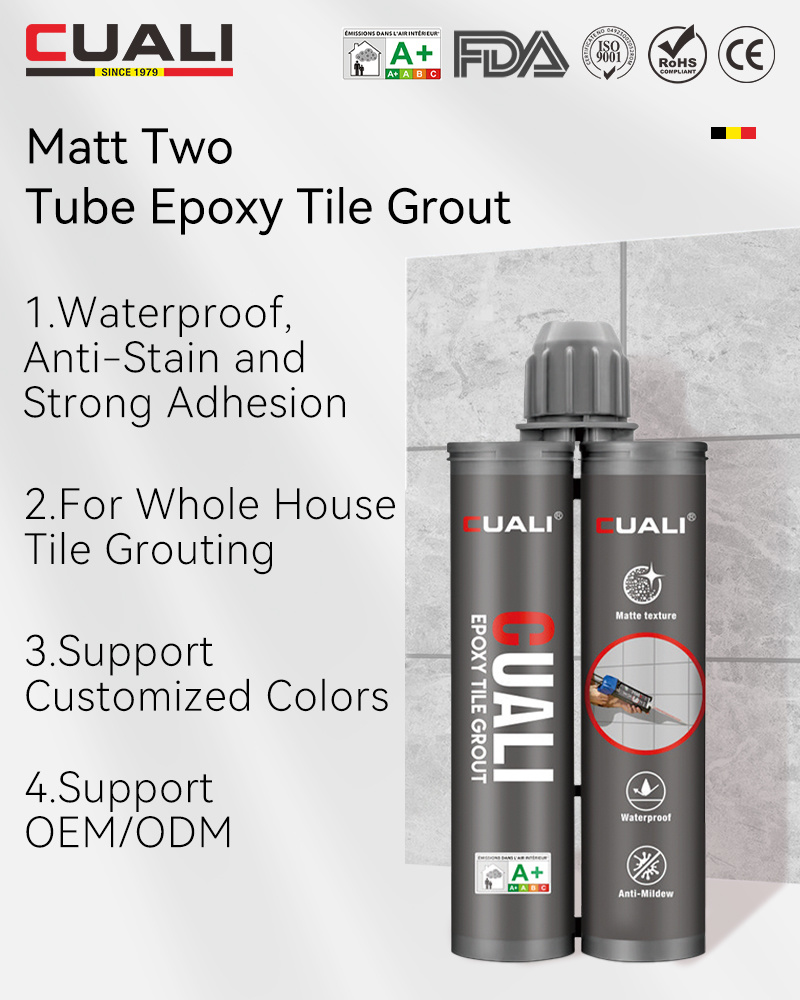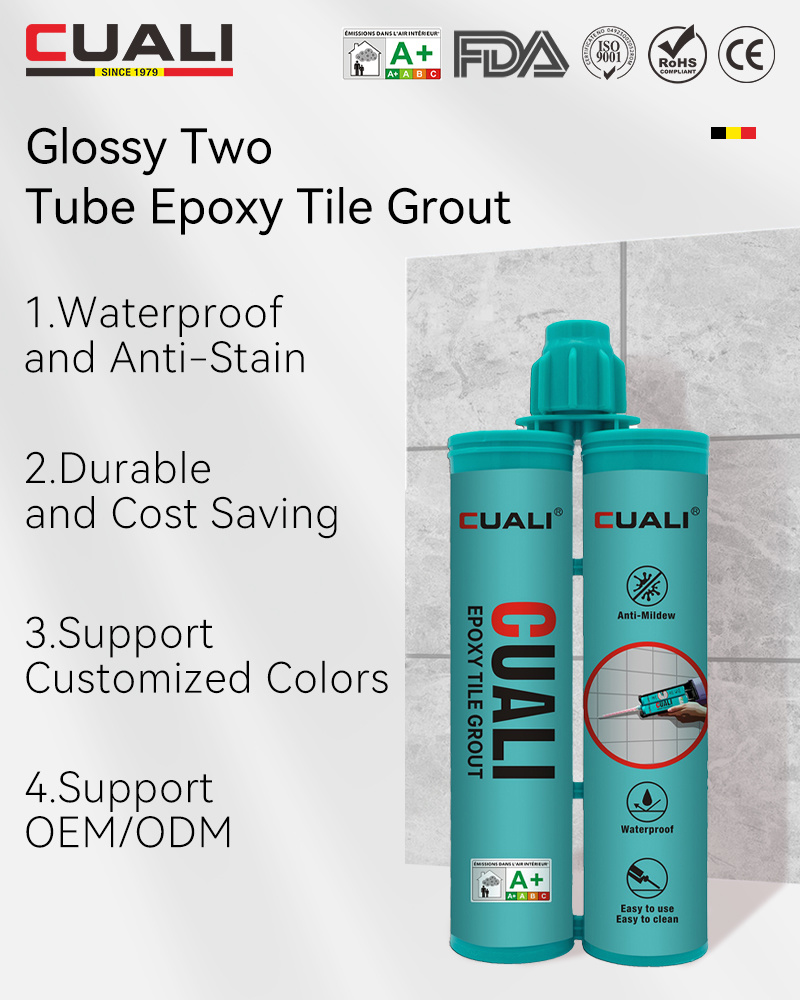
Can you provide some tips on how to choose the right tile grout?
Tips for Choosing the Right Tile Grout
Selecting the right tile grout is key to ensuring long-lasting, functional, and attractive tile joints. Here are practical tips to guide your decision:
1. Match Grout Type to the Space
- Indoor dry areas (living rooms, bedrooms): Cement-based grout works well—it’s affordable and easy to apply. Opt for sanded grout for joints wider than 1/8 inch to prevent shrinking.
- Wet areas (bathrooms, kitchens): Epoxy or polyurea grout is ideal. They’re water-resistant, mold-resistant, and durable, standing up to frequent moisture and cleaning.
- High-traffic zones (hallways, entryways): Choose epoxy or enhanced cement grout with high wear resistance to avoid cracking or staining from heavy foot traffic.

2. Consider Color and Aesthetics
- Blend with tiles: For a seamless look, pick a grout color close to your tiles (e.g., white grout with white subway tiles).
- Contrast for impact: Use a contrasting color (e.g., dark gray grout with light tiles) to highlight tile patterns or create visual interest.
- Light vs. dark: Light-colored grout (white, beige) brightens spaces but shows stains more easily; dark grout (gray, black) hides dirt but may fade over time in sunlight.
3. Check Durability and Performance
- Resistance to stains: Epoxy and polyurea grouts are more stain-resistant than cement grouts, making them better for kitchens (oils, sauces) or outdoor areas (mud, leaves).
- Anti-yellowing: For light-colored grouts, look for products labeled “0 级抗黄变” (Class 0 yellowing resistance) to avoid discoloration over time.
- Adhesion strength: Ensure the grout bonds well to your tile material (ceramic, glass, stone). Some grouts are formulated for specific tiles (e.g., glass tile grout with extra flexibility).

4. Prioritize Eco-Friendliness and Safety
- Low VOCs: Choose grouts labeled “solvent-free” or “low VOC” to reduce harmful fumes, especially important for homes with children, pets, or respiratory issues.
- Certifications: Look for products meeting national standards (e.g., China’s GB 18583) or international certifications (e.g., GREENGUARD) for indoor air quality.
5. Evaluate After-Sales Support
Summary:
Choosing the right tile grout involves matching the type to the space, considering color and aesthetics, checking durability/performance, prioritizing eco-safety, and ensuring reliable after-sales support.
Time:
2025-08-14
More News

